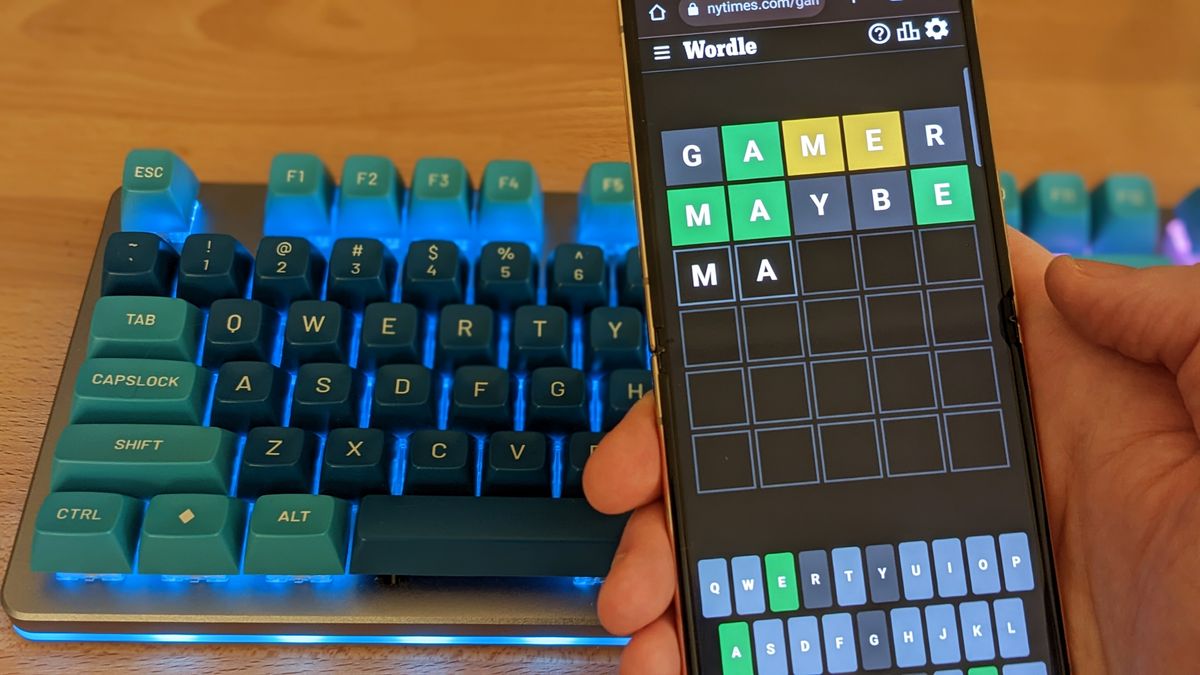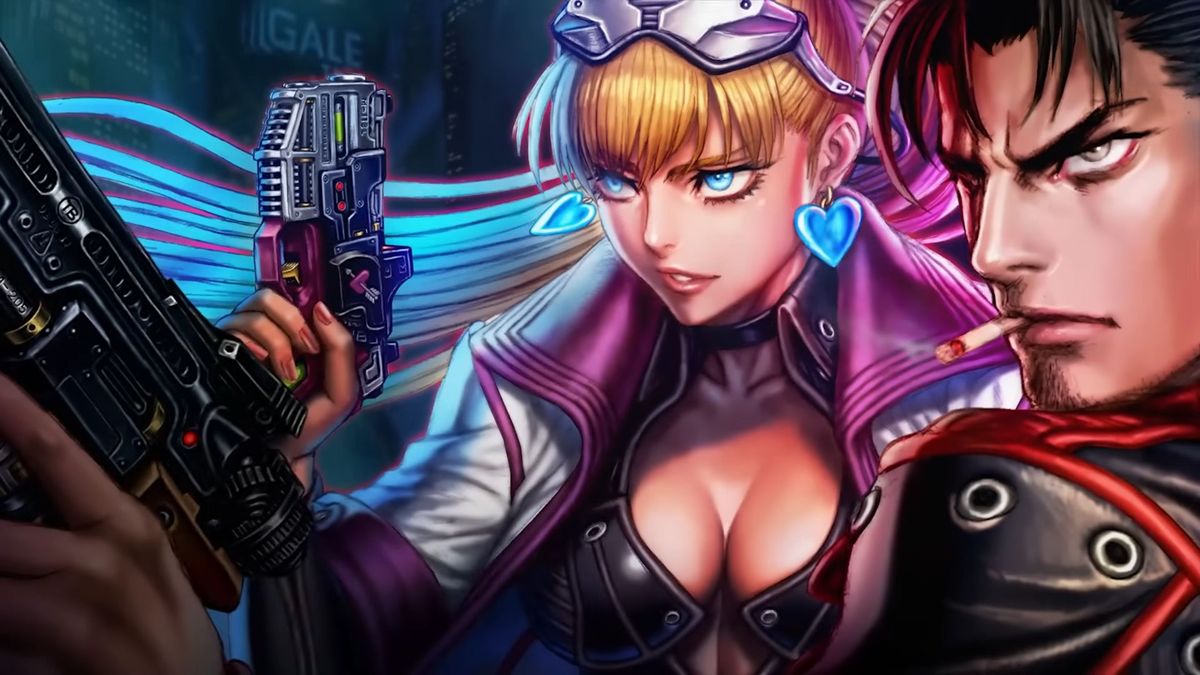Trading allows you to find your perfect item in Path of Exile 2 without having to grind away at monsters or maps for hours. But with how currency works, trading can get very complicated.
Path of Exile 2 features gold (something not present in the original Path of Exile), and while you may reasonably expect that it would be used to trade for items with other players, it’s only used for buying and selling to vendors. Trading with other players in Path of Exile 2 will follow Path of Exile, where you’ll trade other currency items such as exalted orbs.
For newer players to the Path of Exile franchise, valuing your items with currency other than gold can be extremely difficult, so allow us to give you some tips on how to trade.
How to trade in Path of Exile 2
There are two methods to trade in Path of Exile 2: in-game or using the official trading board. Let’s break them both down.
Trading with other players in-game can be done inside one of the safe encampment areas in Path of Exile 2. Interact with another player to open up the menu and select the “Trade” button to send them a trade request. If they accept, you can place your items into the bottom box, while items the other player is offering will appear in the top box. Before the trade can be accepted, both players must make sure they have enough inventory space to receive the items and they must hover over each of the offered items in the trade.
There is an official trading board where players can search for their desired items (like spirit items) and filter their search by category, rarity, level, quality, modifiers, and more. Once you’ve completed a search, a list of items that meet your requirements will appear with an image of the item on the left, their stats and modifiers in the middle, and the price and seller on the right.
To complete a trade, you must send the seller a whisper in-game, which can be done by pressing the “Direct Whisper” button if you have Path of Exile 2 open, or by copying their user ID and sending them a whisper. You’ll then need to meet each other in-game and trade the said items, but make sure to verify that the item you’re trading for matches the item on the trading board!
How to sell your items in Path of Exile 2
For those looking to sell their items on the trade market, you’ll need a premium stash tab, which can be purchased from the microtransaction shop. Luckily for early access supporters, you received enough points to purchase any of the premium stash tabs by purchasing the early access. There are three premium stash options:
- Upgrade to premium stash tab (15 points) — Change one of your regular stash tabs to a premium stash tab
- Premium stash tab (40 points) — Add a premium stash tab to your stash
- Premium quad stash tab (150 points) — Add a premium quad stash tab that has four times the space of a regular stash tab
Once you have your premium stash tabs, right click the tab’s name and set it to public. You can price every item in the tab as one price or price each item individually by selecting the option in the tab menu. Now you’re free to place your items into the premium stash tab and make a ton of exalted orbs!
How to value your items in Path of Exile 2
Path of Exile 2’s currency system can be a little daunting, as it’s not as simple as gold or money. Since the currency items have functions it can be hard to place a price figure on them and then translate that to the item you’re selling, but there are few methods to hone in on a price point. Here are a couple tips on how to value your items:
- Search for similar items on the official trading board. Looking at the already established market and seeing what other players are selling their items for is a great way to find a price.
- Compare modifiers. Each item has modifiers that adds on more stats, buffs, or even skills to the item. Some items have more desirable modifiers such as defensive armors providing at least some combination of life and elemental resistances. If your defensive item doesn’t have a combination of these, they may be priced lower than the norm.
- Compare stats. Each stat modifier has a range that their value can fall between. The price point of your item will fluctuate depending on if your stat modifier’s value is on the higher end or lower end.

 1 week ago
3
1 week ago
3










 English (US) ·
English (US) ·